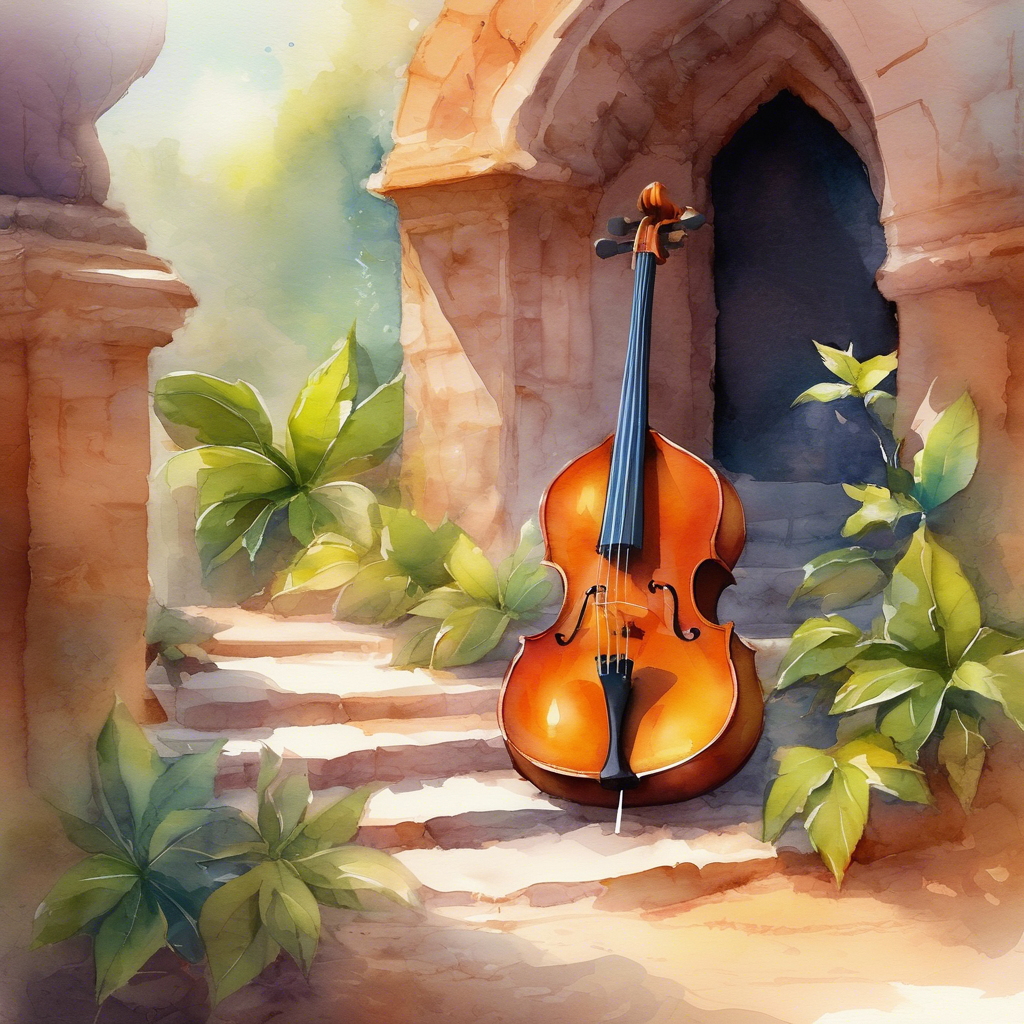
The Psychology of Learning Indian Classical Music
Hello, fellow music enthusiasts! I’m Suraj Bhartti, an Indian classical vocal teacher based in the bustling city of Dubai. Today, let’s embark on a fascinating journey into the intricate web of emotions and cognition that underpin the process of learning and performing Indian classical music.
**The Melodic Tapestry of Emotions:**
Indian classical music is not merely about mastering scales and ragas; it’s a profound exploration of human emotions. From the joyous strains of a raga to the melancholic depths of a thumri, each melody evokes a kaleidoscope of feelings within both the listener and the performer. Understanding and harnessing these emotions are integral to the journey of learning Indian classical music.
**The Power of Motivation:**
At the heart of every successful musical journey lies motivation—the driving force that propels us forward in pursuit of our dreams. In the realm of Indian classical music, motivation often stems from a deep-seated passion for the art form, a desire to connect with tradition, or the sheer joy of artistic expression. As a teacher, it’s my role to nurture and fuel this motivation, inspiring my students to embark on a journey of self-discovery and musical exploration.
**The Art of Concentration:**
Learning Indian classical music requires unwavering focus and concentration. Whether it’s mastering complex rhythmic patterns or internalizing the subtle nuances of a raga, students must train their minds to remain fully present in the moment. Through mindfulness practices, breathing techniques, and focused attention, we cultivate the mental discipline needed to navigate the intricacies of Indian classical music with grace and precision.
**Navigating Stage Anxiety:**
For many performers, stepping onto the stage can evoke a potent mix of excitement and anxiety. Stage anxiety, while natural, can hinder our ability to express ourselves fully and connect with our audience. In the world of Indian classical music, where spontaneity and improvisation reign supreme, overcoming stage anxiety is essential. Through relaxation techniques, visualization exercises, and gradual exposure to performance settings, students learn to channel their nervous energy into their performance, transforming fear into fuel for creativity.
**The Joy of Musical Expression:**
Amidst the challenges and complexities of learning Indian classical music lies a profound sense of joy and fulfillment. There’s a unique sense of liberation that comes from expressing oneself through music, transcending language and culture to touch the hearts of listeners. As students immerse themselves in the melodic tapestry of Indian classical music, they discover newfound depths of self-awareness, empathy, and creativity, enriching their lives in ways beyond measure.
In conclusion, the psychology of learning Indian classical music is a multifaceted journey that encompasses emotions, motivations, and cognitive processes. As a teacher, my goal is not just to impart technical skills, but to nurture the holistic development of my students, empowering them to embrace the transformative power of music in their lives.
Join me on this musical odyssey as we delve deeper into the mysteries of the mind and heart, unraveling the melodies within and discovering the boundless possibilities of Indian classical music. Together, let’s embark on a journey of self-discovery, expression, and artistic exploration, guided by the timeless wisdom of tradition and the endless possibilities of the human spirit.

